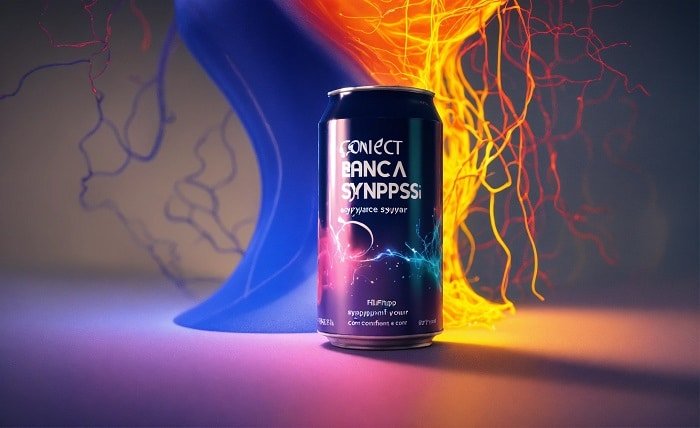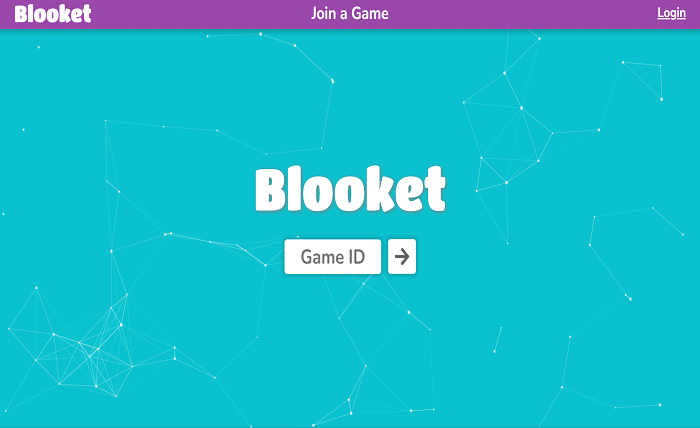Introduction
Rhythm energy is an essential concept that influences every aspect of our lives. From the beat of our hearts to the cycles of the moon, rhythm energy is a natural force that can be harnessed to enhance our well-being, productivity, and overall life satisfaction. In this blog post, we will explore what rhythm energy is, how it impacts us, and how we can use it to our advantage.
Rhythm Energy
Rhythm energy refers to the patterns and cycles that occur naturally in the universe and within our bodies. These rhythms can be biological, such as circadian rhythms, or environmental, like the changing seasons. By aligning ourselves with these natural patterns, we can tap into a source of energy that promotes harmony and balance.
The Science Behind Rhythm Energy
The science of rhythm energy is rooted in chronobiology, the study of biological rhythms. Research has shown that our bodies follow internal clocks that regulate various physiological processes. These clocks are influenced by external cues like light and temperature. Understanding the science of rhythm energy helps us appreciate its impact on our health and well-being.
The Role of Rhythm Energy in Daily Life
Rhythm energy plays a crucial role in our daily lives. From the moment we wake up to the time we go to bed, our bodies and minds are influenced by rhythmic patterns. By becoming aware of these patterns, we can optimize our daily routines to align with our natural energy peaks and troughs.
Harnessing Rhythm Energy for Productivity
One of the most practical applications of rhythm energy is in boosting productivity. By scheduling tasks according to our natural energy cycles, we can enhance our focus and efficiency. For example, tackling high-energy tasks during peak hours and reserving low-energy periods for rest or creative work can lead to greater productivity.
Rhythm Energy and Health
Rhythm energy significantly impacts our health. Disruptions in natural rhythms, such as irregular sleep patterns or shift work, can lead to various health issues. Conversely, aligning our activities with natural rhythms can improve sleep quality, digestion, and overall well-being. Understanding and respecting rhythm energy is key to maintaining good health.
The Connection Between Rhythm Energy and Mental Health
Mental health is deeply connected to rhythm energy. Our mood and cognitive functions are influenced by the rhythms we experience daily. For instance, exposure to natural light and maintaining a regular sleep schedule can enhance mental clarity and emotional stability. Embracing rhythm energy can be a powerful tool in managing stress and anxiety.
Integrating Rhythm Energy into Your Lifestyle
Integrating rhythm energy into your lifestyle involves mindful practices and lifestyle adjustments. Simple changes like waking up with the sunrise, eating meals at consistent times, and incorporating regular physical activity can help you align with natural rhythms. These practices promote a balanced and energized life.
Rhythm Energy in Nature
Nature is a profound source of rhythm energy. The cycles of the seasons, the phases of the moon, and the daily sunrise and sunset are all examples of natural rhythms. By spending time in nature and observing these cycles, we can reconnect with the rhythm energy that surrounds us and feel more grounded and centered.
Cultural Perspectives on Rhythm Energy
Different cultures have recognized and celebrated rhythm energy in various ways. From traditional Chinese medicine’s focus on the body’s energy meridians to Native American rituals honoring the cycles of nature, many cultural practices emphasize the importance of aligning with natural rhythms. Exploring these perspectives can deepen our understanding of rhythm energy.
Practical Tips for Enhancing Rhythm Energy
Enhancing rhythm energy in your life doesn’t require drastic changes. Start by paying attention to your body’s signals and making small adjustments to your routine. Practice regular sleep habits, take breaks to rest and rejuvenate, and engage in activities that sync with your natural energy levels. These practical tips can help you harness the power of rhythm energy.
Conclusion
Embracing rhythm energy is about recognizing and aligning with the natural patterns that govern our lives. By understanding the science, appreciating the impact on our health and productivity, and making mindful lifestyle changes, we can harness this powerful force to enhance our well-being. Whether through nature, cultural practices, or daily habits, integrating rhythm energy into our lives offers a path to greater harmony and balance.
FAQs
1. What is rhythm energy?
Rhythm energy refers to the natural patterns and cycles that influence our physical, mental, and emotional states. It encompasses biological rhythms, environmental cycles, and more.
2. How can I harness rhythm energy for better productivity?
To harness rhythm energy for productivity, align your tasks with your natural energy levels. Tackle high-energy tasks during peak hours and reserve low-energy times for rest or creative activities.
3. How does rhythm energy affect mental health?
Rhythm energy affects mental health by influencing mood and cognitive functions. Regular sleep patterns, exposure to natural light, and aligning with natural rhythms can improve mental clarity and emotional stability.
4. What are some practical ways to integrate rhythm energy into my lifestyle?
Practical ways to integrate rhythm energy include maintaining regular sleep schedules, eating meals at consistent times, spending time in nature, and listening to your body’s signals for rest and activity.
5. How does nature contribute to rhythm energy?
Nature contributes to rhythm energy through its cycles and patterns, such as the changing seasons, phases of the moon, and daily sunrise and sunset. Spending time in nature helps us reconnect with these rhythms and feel more balanced.



